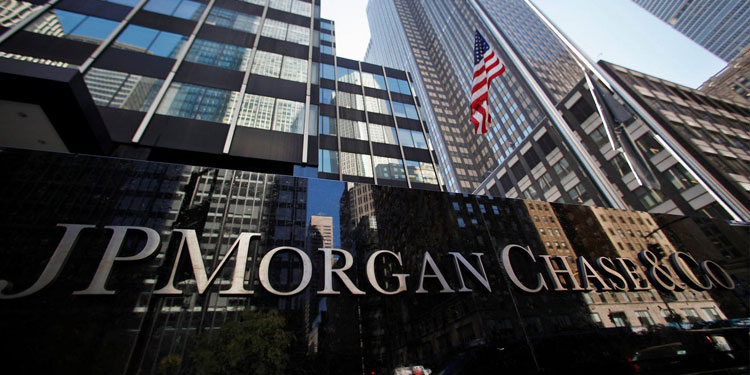
To begin with, the patent published yesterday explains the basics of blockchain technology.
“Distributed ledgers, such as blockchain, provide a unique system for recording transactions and storing data. In general, distributed ledgers hold a log of transactions (events) that may be replicated across a public or private distributed network. Cryptography and digital signatures may be used to determine valid parties and transactions such that all parties/observers agree on the order and state of the ledger in real-time without having to rely on a trusted third party to hold the true ‘golden copy.’ The distributed ledger thus provides a practically immutable, verifiably true audit trail.”
Furthermore, the patent describes several methods for processing network payments using a distributed ledger. This may include
- A payment originator initiating a payment instruction to a payment beneficiary.
- A payment originator bank posting and committing the payment instruction to a distributed ledger on a peer-to-peer network.
- The payment beneficiary bank posting and committing the payment instruction to the distributed ledger on a peer-to-peer network.
- The payment originator bank validating and processing the payment through a payment originator bank internal system and debiting an originator account.
Notably, the patent states that the distributed ledger may be an “Ethereum-based ledger” or any other suitable ledger.
The patent states that the system of the invention or portions of the system of the invention may be in the form of a “processing machine.” The processor executes the instructions that are stored in the memory. The processing machine can be a special purpose computer, a microcomputer, mini-computer or mainframe, a programmed microprocessor, a micro-controller, a peripheral IC, ASIC, or any other device that is capable of implementing the steps for the processes of the invention. The processing machine may use a suitable operating system and a suitable programming language.
The patent also highlights the issues faced by the current payment system
“For a cross-border payment to be made from a payment organization to a payment beneficiary, a number of messages must be sent between the banks and clearing houses involved in processing the transaction. This often results in a slow transaction, as there may be delays in service due to correspondent banking, messaging networks, and clearing intermediaries in the payment flow.
The transaction may also be expensive, as there are duplicative reconciliation and reporting costs across participants and within banks to enable transparency and payment tracking. There is a restricted availability to the funds, as real-time settlement of payments is not possible. And, the transactions may be risky as there are counterparty and settlement risks associated with correspondent banking network.”
Notably, Jamie Dimon, CEO of JP Morgan Chase called Bitcoin “a fraud” last year. However, he later changed his opinion and told “I could care less about Bitcoin. I don’t know why I said anything about it.”
Recently, a customer of the bank filed a lawsuit alleging the bank had used deceptive tactics to collect exorbitant credit card fees for cryptocurrency purchases.